Being a part of WashU means joining a community committed to addressing climate change and improving global public health. Here’s how you can make an impact.
Universities have historically been at the forefront of addressing major global issues. Climate change and related public health concerns are two of the largest challenges our species and generation will ever face. Sustainability is a core priority at Washington University.
The commitment to sustainability is woven throughout the employee experience – from the buildings and landscapes you walk through, to workshop and event offerings, to the ways you experience daily life on campus.
This guide will help you become aware of the resources and programs that WashU provides to make it easier for you to try – and hopefully adopt – sustainable “green” behaviors and practices.
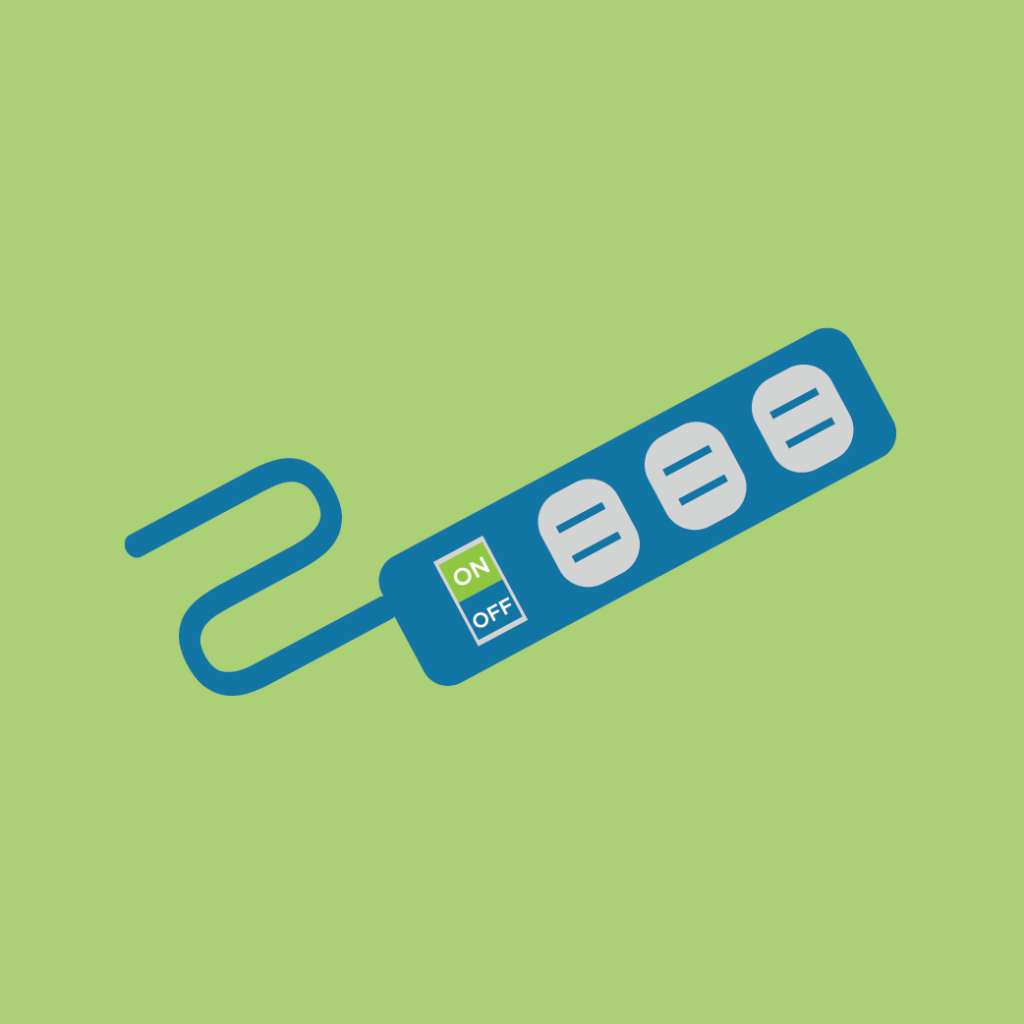
Save electricity
Check default settings to make it easier to save energy. Request a smart power strip so you can control your power use. Turn off lights and equipment when not in use. Select LED lights and Energy Star appliances over more energy-consuming options.
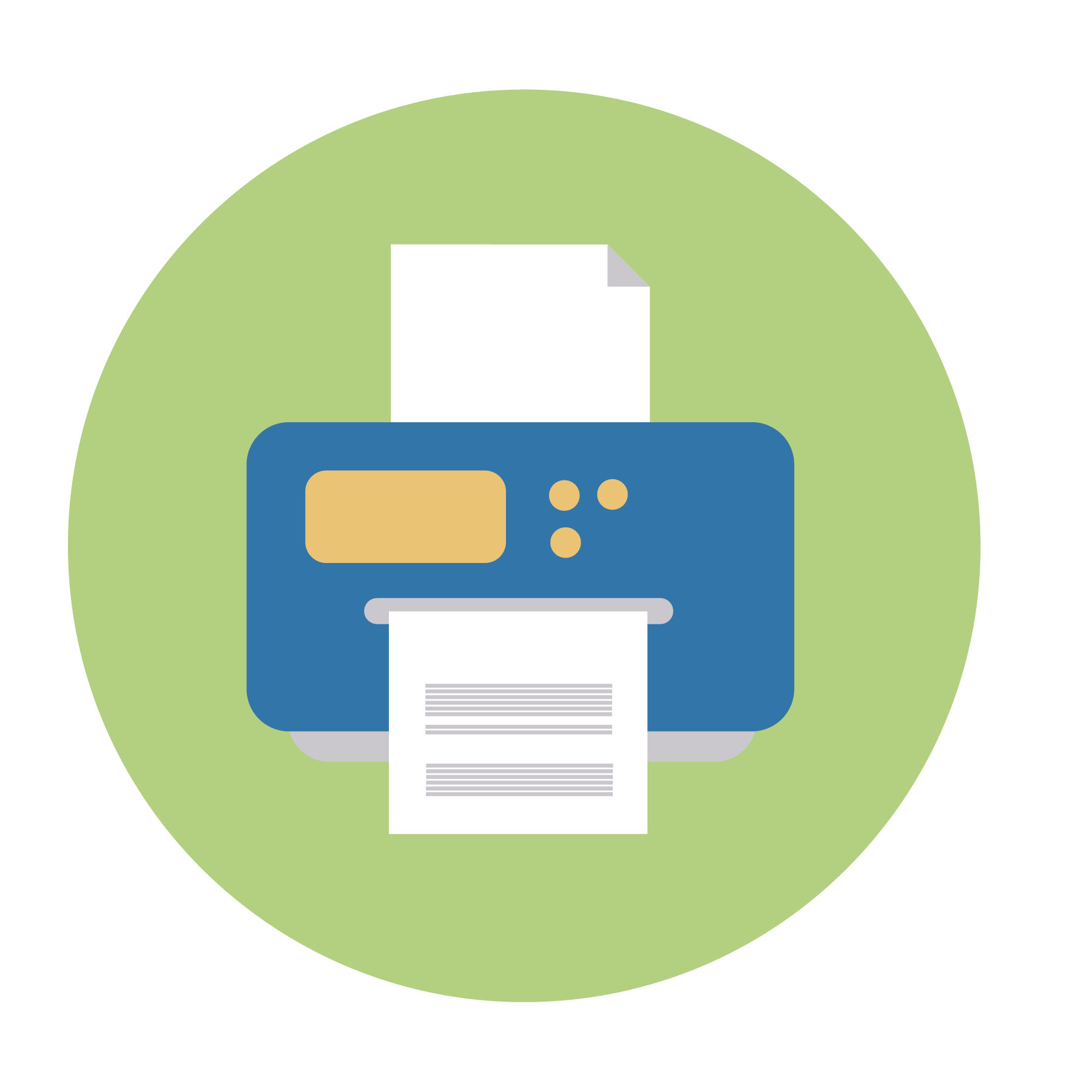
Print sustainably
Filing through the cloud and sharing documents virtually is standard for most at WashU. Only print when necessary. Before you do, review best practices for more sustainable printing practices.
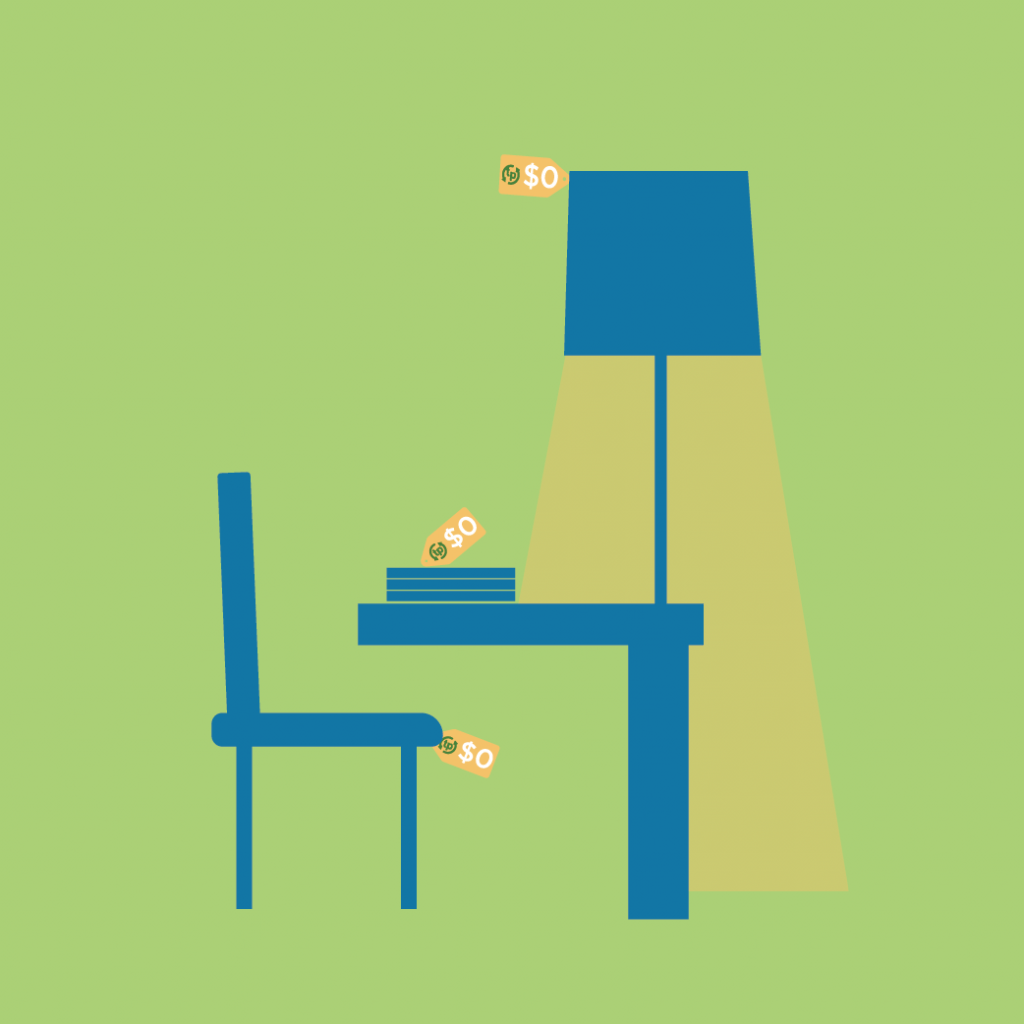
Reuse and share
Break away from the “linear” consumption system (extract, consume, dispose) in favor of reuse, circularity, and sharing. Sign up for WashU Reuse, an exchange platform that facilitates the internal recirculation of unwanted materials or check out WashU’s Circularity Center to outfit your new office or lab with surplus desks, furniture, and office & lab supplies. Take advantage of shared Makers Space and centralized lab resources to avoid single-owner purchases.

Purchase with intention
Consult resources like Sustainable Procurement Guidelines, Diverse Business Directory and WashU’s Licensing Suppliers before making university purchases. Access in-depth tools, resources, and training to assist with purchasing decisions through the Sustainable Purchasing Leadership Council (free individual membership with a WashU email address).
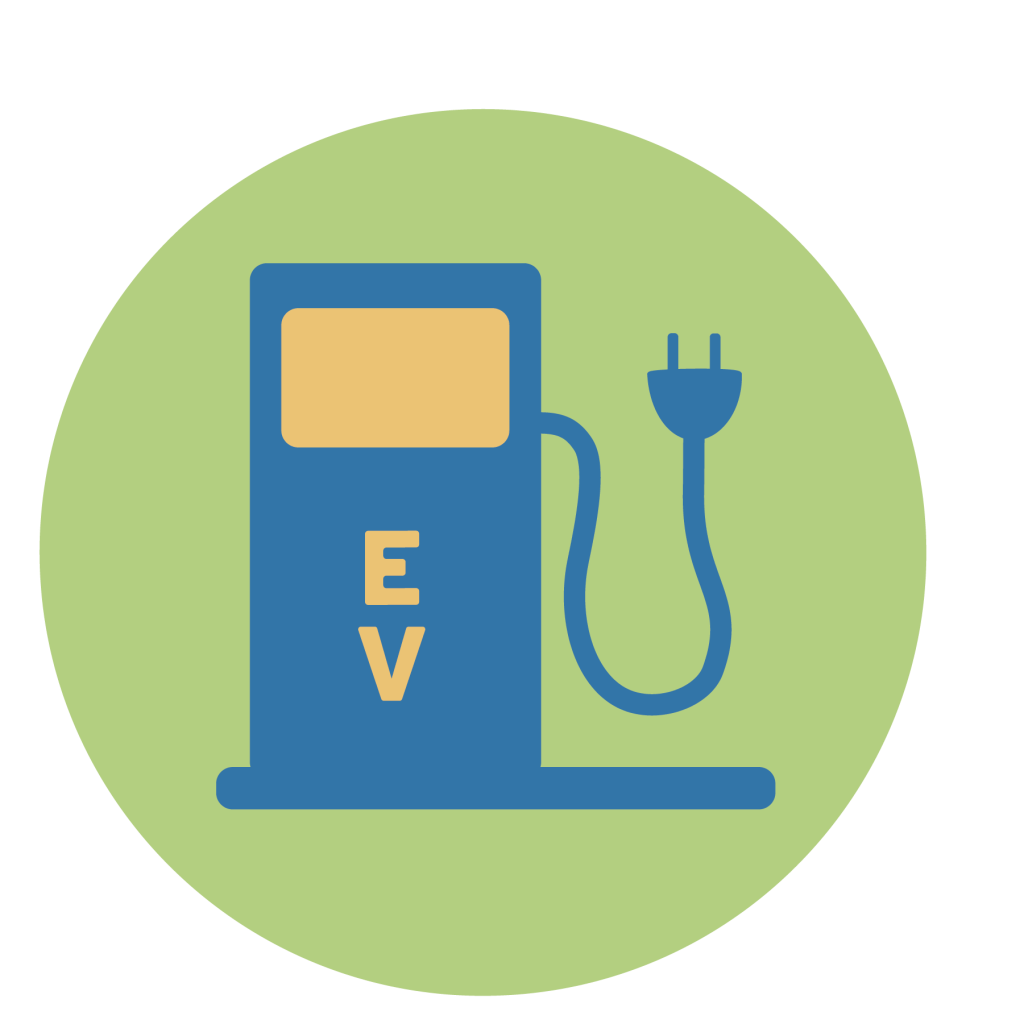
EV charging stations
WashU’s campuses have EV charging stations in many parking areas for your EV or plug-in hybrid. Check out the map of EV charging spots.

Register your bike
If you are on Danforth Campus, registration serves as a theft deterrent and facilitates the recovery of lost or stolen bikes. It is free with Parking & Transportation.
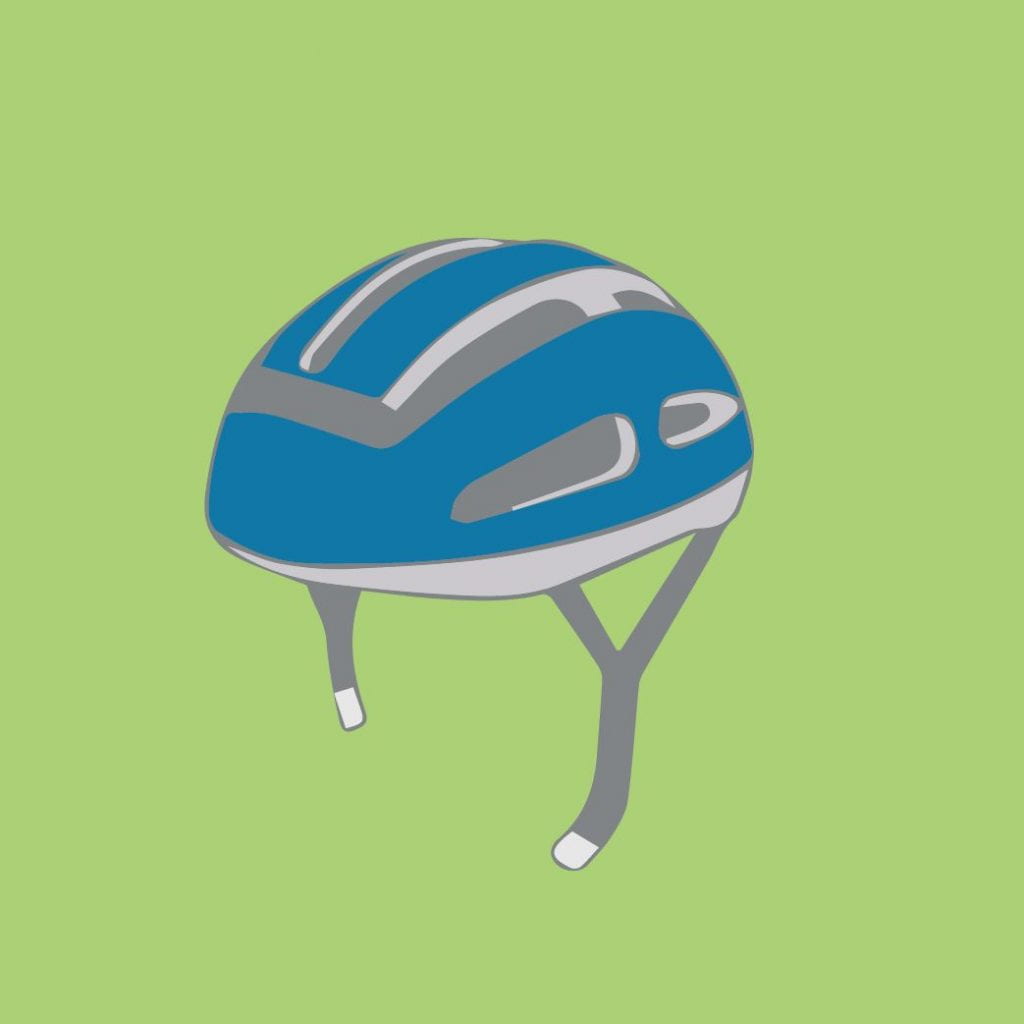
Support for Bike Commuters
Bike maps are available for the Danforth and Medical campuses and contain the most up-to-date information for active commuters, including bike rack and shower locations. The Active Commuter Hub offers showers, lockers and other amenities. The Danforth and WUSM campuses are equipped with multiple bike repair stations that offer air pumps and tools for basic tune-ups, and free tune up events are hosted in the spring and fall.
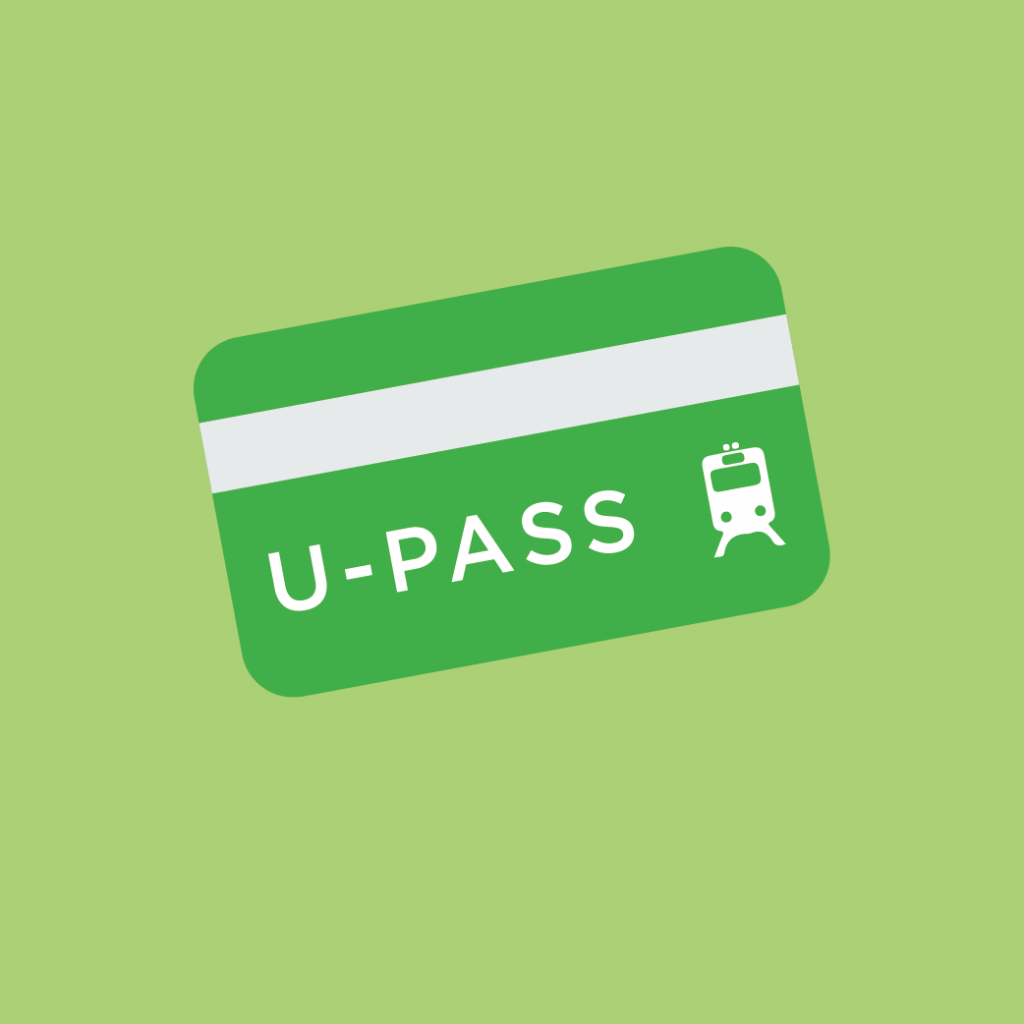
Try your new U-Pass
Employees can request a free U-Pass annually, so enjoy unlimited rides on Metro buses and trains to explore and get where you need to go! Request via the Parking and Transportation website.

Signup for WashU Rides
WashU Rides is a new commuter platform to help you plan your trips and find matches for carpools and bike pools, either for your daily or occasional trips.

Enterprise CarShare
A free membership with Enterprise CarShare enables WashU employees to rent cars by-the-hour from dedicated spaces conveniently located across WashU. The service is a great way to support sustainable transportation while saving time and money.
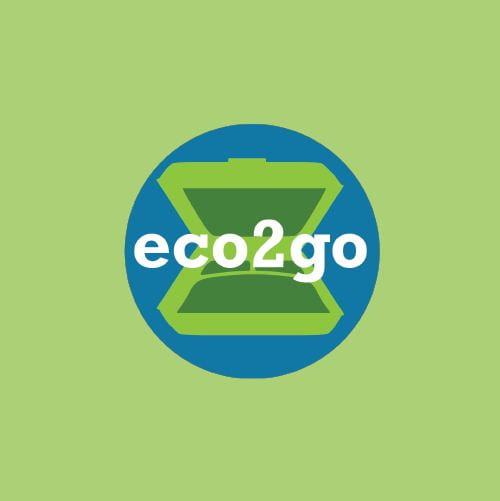
Request reusables (Danforth Campus)
Look for reusable plates and metal cutlery, available at the four main campus eateries: DUC, Bears Den, Village, and Parkside Cafe. If you’re on the run, try WashU’s Eco2Go program.
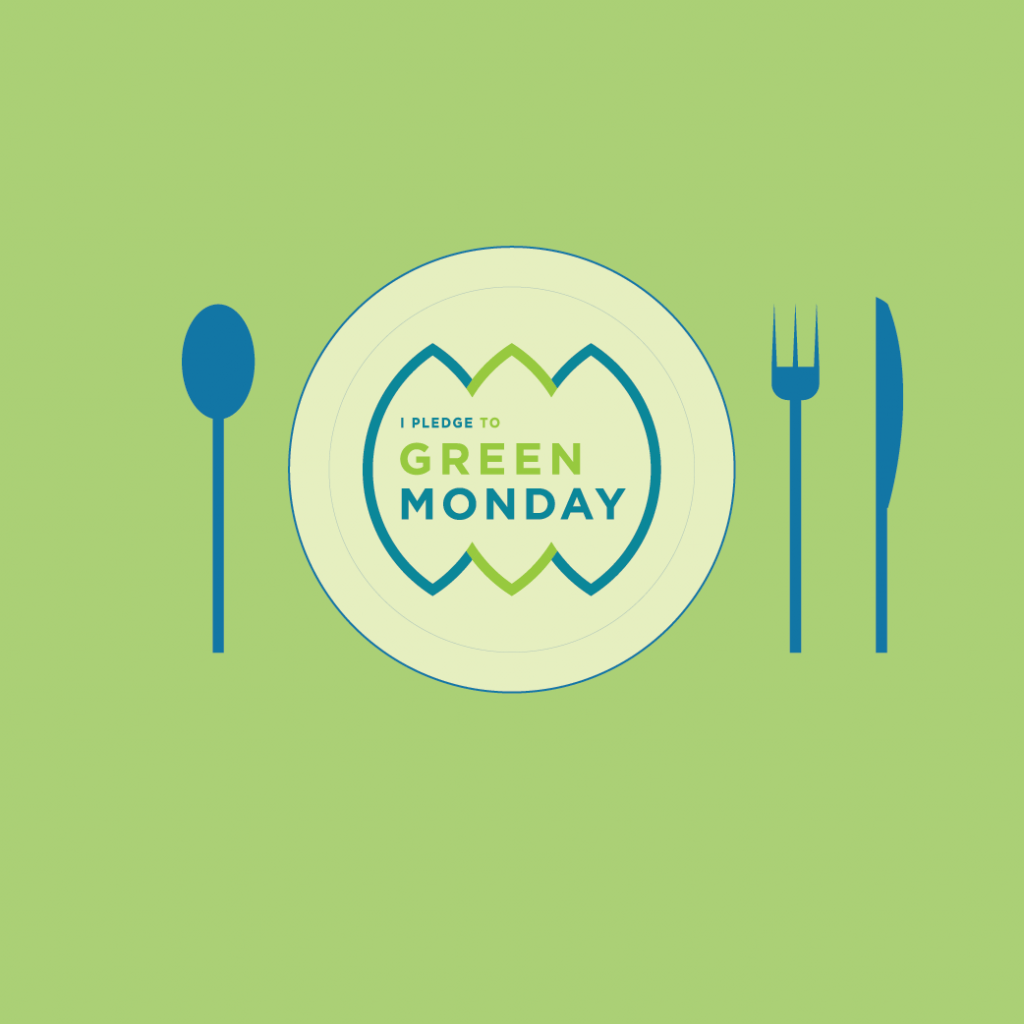
Low carbon dining
Indulge in a wide variety of plant-forward and low-carbon meals, avoiding water and land-intensive red meat when possible. Educate yourself on the impacts of your food choices and check out the WashU Sustainable Food Guide.
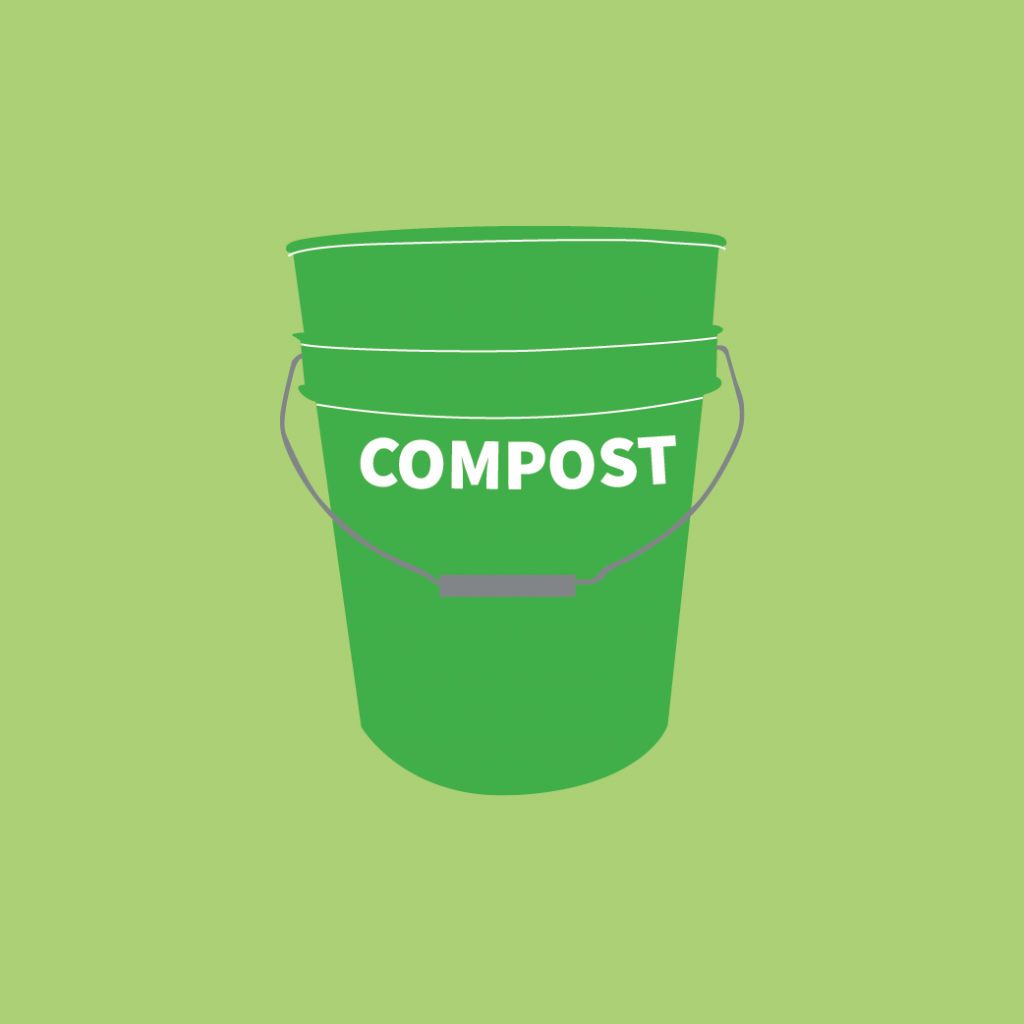
WashU Recycles and Composts
WashU has single-stream recycling across all campuses, where all recyclable materials are commingled in one bin. Compost collection is available at many dining areas.
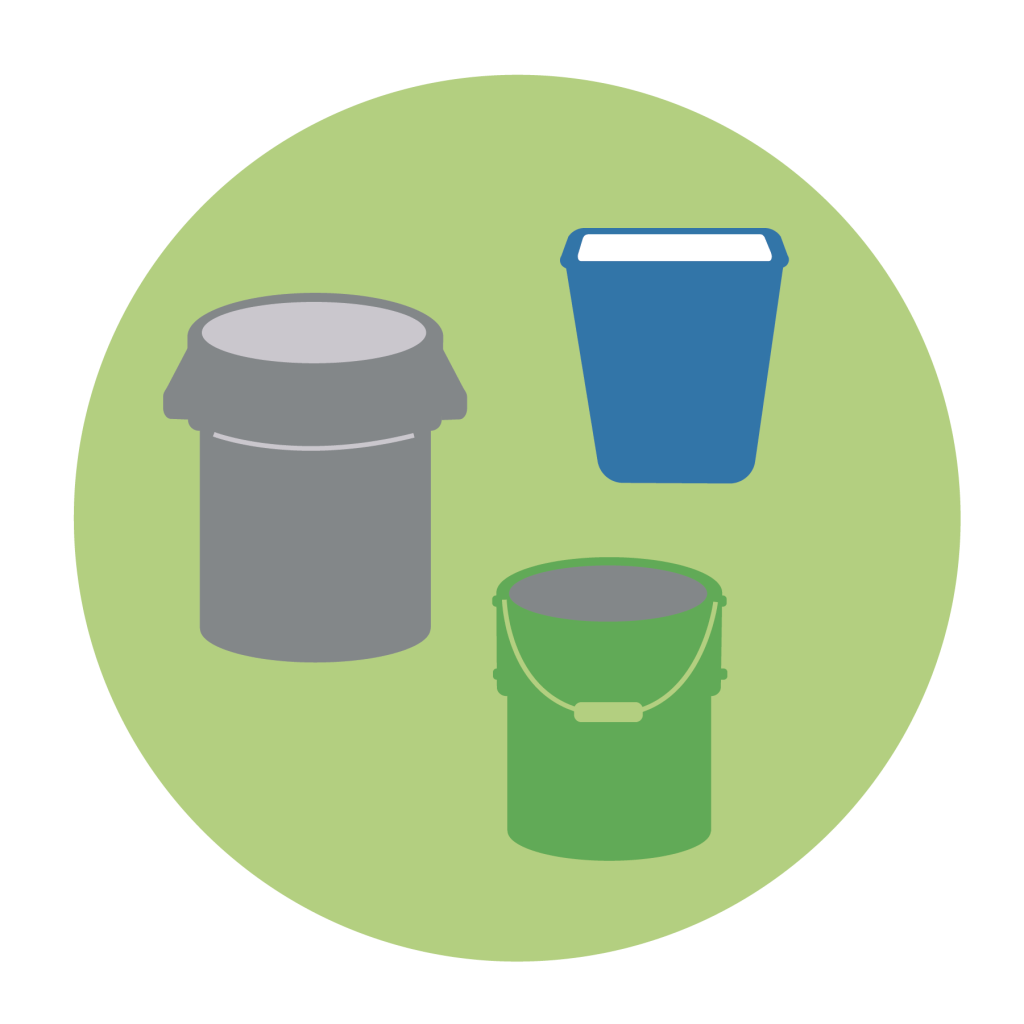
Sort Waste Properly
You can watch this video on how to properly sort waste on campus, as well as read the Waste Sorting Frequently Asked Questions.
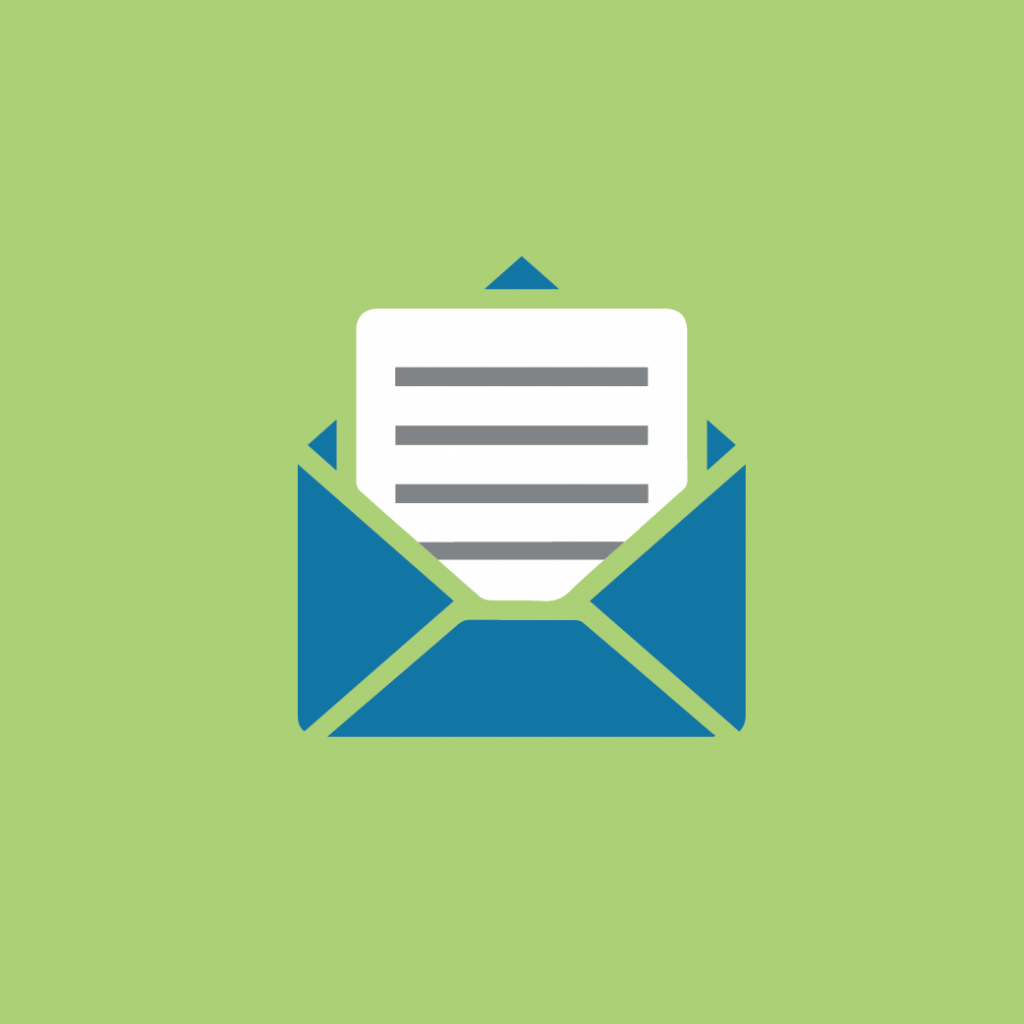
Connect with us
Subscribe to the Office of Sustainability newsletter and follow us on social @washu_sustain to receive opportunities for deeper engagement.
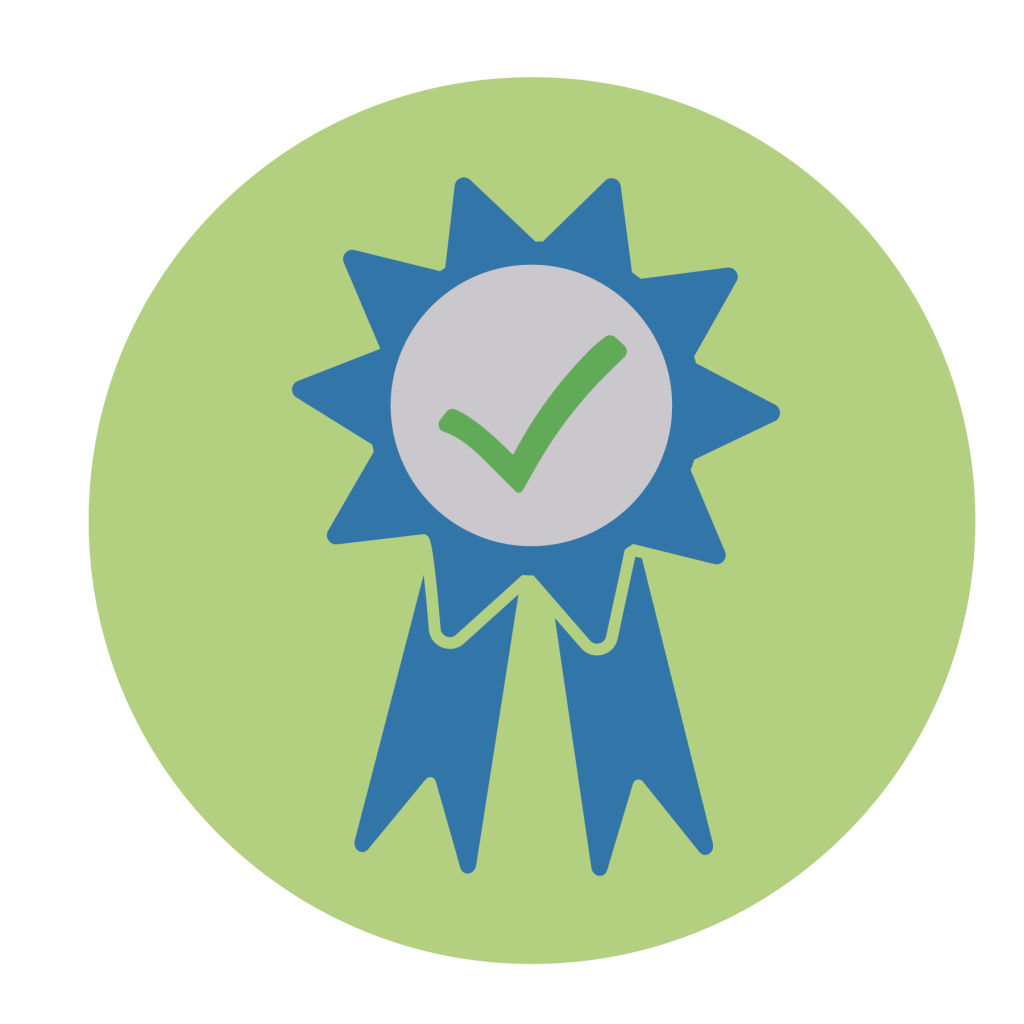
Certify your workspace
WashU’s Green Office and Green Lab programs aim to encourage work spaces across WashU campuses to be aligned with the university’s sustainability ethic. Participation is initiated through a point-based, self-assessment checklist with which offices can evaluate their current practices and set goals.

Join the Sustainability Action Team
The SAT hosts quarterly meetings and one larger annual meeting to learn about sustainability at WashU and how to take action on campus. Meetings feature guest speakers, workshops, and training and are open to all.

Connect with The Academy
The Academy for Diversity, Equity, and Inclusion works with existing diversity, equity, inclusion, climate, and culture offices, initiatives, and entities across the university. They offer regular professional development training within the DEI space and coordinate affinity groups for faculty and staff.
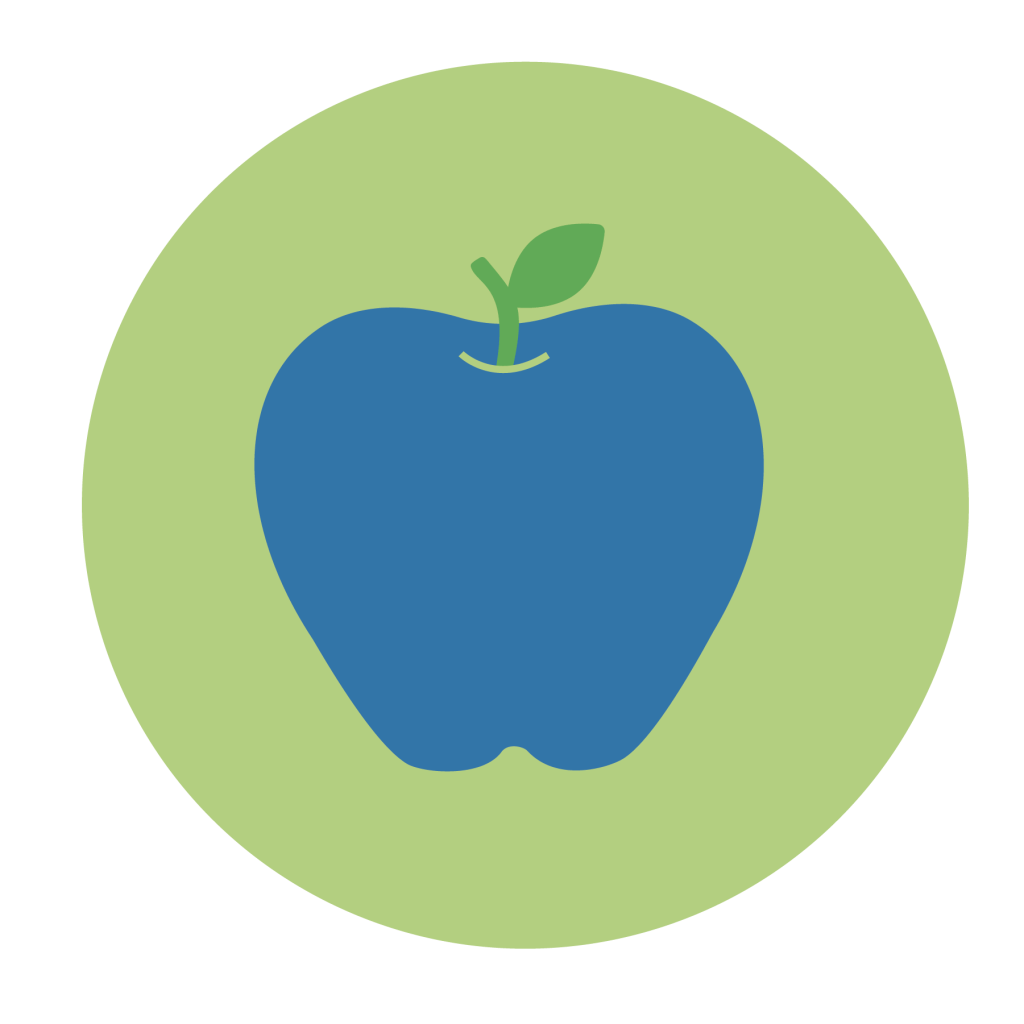
Easy access to local food
WashU facilitates a Community Supported Agriculture (CSA) program to bring fresh, local produce to the WashU community, with weekly pick up sites at West, Danforth, and School of Medicine campuses. A weekly Farmer’s Market at the School of Medicine offers access to a variety of local food vendors.

Take advantage of well-being benefits
Well-being Champions are WashU employees who are passionate about leading a culture of wellness within their department. Employees can also enjoy MyWay to Health, an on-site employee well-being program developed by leading experts in health and wellness at WashU. Resources for Mindfulness practice are also available.